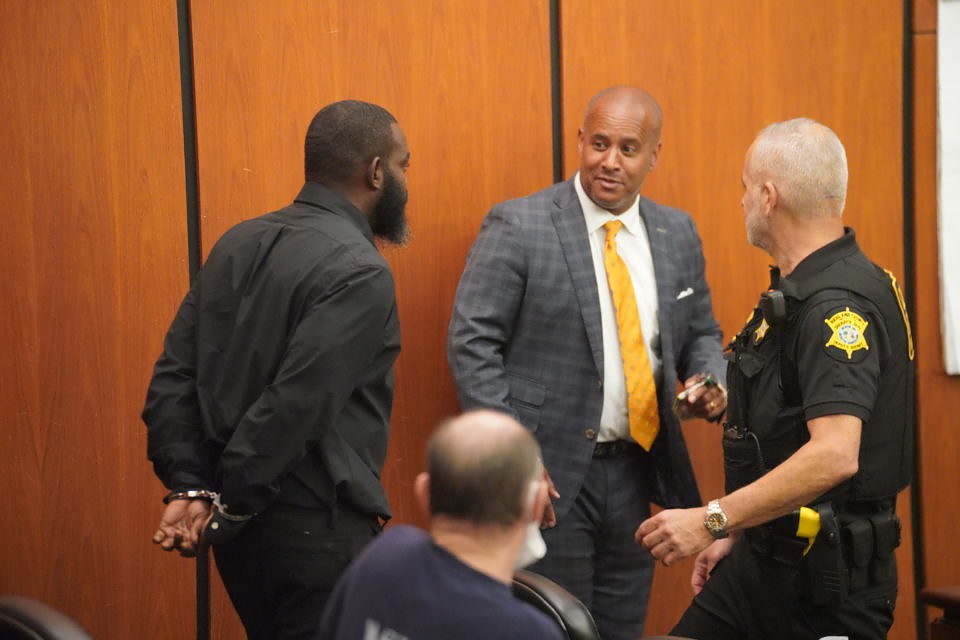|
Getting your Trinity Audio player ready...
|
Robert Marks’ Case: Everything That’s Wrong With ‘Justice’ In South Carolina
Broken system on display in Richland County … but judge refuses to call out powerful lawyer-legislator.

3 comments
Totally agree with your assessment but have one thing to add. Lott could have asked the feds to take the case thereby neutering Rutherford ability to control the court. If the feds are truly looking at Rutherford maybe they can put the pieces together as to why he seems to be the consigliere for street gangs
How about the fact that this judge is only 36 years old and might be in this position because his dad was mayor and grandfather was attorney general?
I thought this type of lawyer legislator ring kissing was the exclusive to the Low Country.